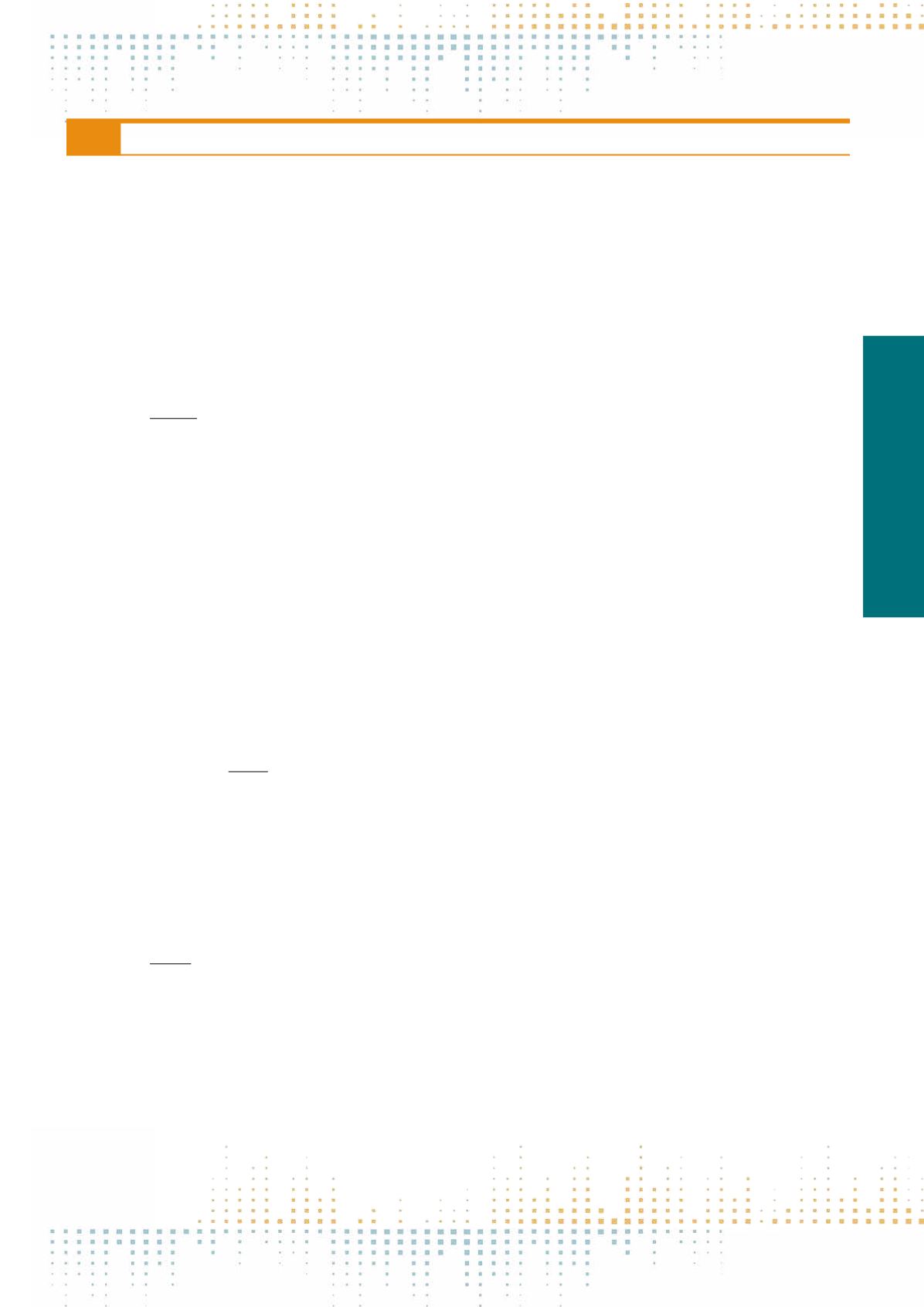

643
Saturday, November 12
1 6 : 0 0 – 1 7 : 3 0
SPC10
Special Panel: Twitter Politics? Communication Between Politicians and Citizens inNon– Election Period
T. Graham
1
1
University of Groningen, Groningen, Netherlands
How does the use of social media impact the relationship between politicians/representative institutions (parliaments, local councils, parties) and citizens?
Over the past several years, we have witnessed an unprecedented rise in the use and popularity of social media platforms such as Facebook and Twitter.
These platforms have slowly, but increasingly flooded formal politics. They have become a prominent tool for politicians and parties to provide information,
mobilize their base and connect to the public directly. Parliaments (and local councils) too have been increasingly developing online strategies to promote
public engagement. Social media are also important to citizens as spaces of everyday participation, allowing people to have a say in the public sphere and
cultivating a growth in non-electoral forms of political participation and engagement. Social media are becoming embedded into the structures, forms and
processes of everyday politics and political communication, raising important questions about the relationships that politicians, parties, local councils and
parliaments are keeping with citizens in representative democracy. Within such a climate, there is a pressing need for reconceiving the traditional relation‑
ship between representative institutions, elected representatives and citizens.
PN 333
Daily Democracy: A Comparative Study of Dutch, Italian and Swedish MPs Use of Twitter in Non-Election Periods
T. Graham
1
, M. Broersma
1
, K. Larson
1
, F. Giro
1
1
University of Groningen, Groningen, Netherlands
Although the ubiquity of social media points to everyday concerns, when it comes to analysing its use by politicians research typically focuses on the ex‑
ceptional, namely election campaigns. While this provides insight into a highly visible and strategically mediated phase of the political process, it ignores
the communicative mundaneness of daily democracy. This paper accordingly investigates and compares the ways in which members of parliament (MPs)
in three European countries – Italy, Sweden and the Netherlands – utilize Twitter during off-peak periods, focusing on the extent to which social media
are fostering a more ‘connected’ and reciprocal relationship between citizens and politicians. Throughout many Western democracies, research points to
the increasing valorisation of Twitter as an informal, intimate and open space for (everyday) political communication, raising important questions about
what tweeting practices are particularly prominent and if and how connections with citizens are being cultivated. In order to begin addressing such ques‑
tions, this paper uses hand-coded content analysis to examine tweeting behaviour during a two week non-election period. First, we map basic patterns
of usage. Second, we analyse the types of tweets (e.g. retweet, @-reply); third, their function (e.g. self-promotion, critiquing, requesting input/support);
fourth, interaction (whomMPs communicate with). Finally, we examine the content (the political/personal topics tweeted about). The unique comparative
positioning of the study opens up analytical space for determining how national context may influence tweeting behaviour of MPs in diverging political
systems. In light of this analysis, the paper explicates the interlinkages of political representation and inherent potential for bottom-up reciprocity between
politicians and citizens engaging with social media. We discuss our findings in light of ongoing debates around postmodern politics and the empowering
potential of new media. We argue that social media practices may foster new (more personal, intimate) forms of connectivity and interaction between
politicians and citizens.
PN 334
Me-Too and (Social) Media Stars: Swiss Politicians on Twitter
A. Rauchfleisch
1
, J. Metag
1
, M. Bütikofer
1
, N. Rupp
1
1
University of Zurich, Zurich, Switzerland
In our study we analyse the use of Twitter in political communication in Switzerland. The purpose of this study is twofold: First we focus specifically on
the use of Twitter by Swiss politicians during a non-election period. We measured on the one hand the activity of the Swiss members of parliament. On
the other hand we tracked the reaction of users during this time period. Based on the data we identified different user types amongst the politicians.
Secondly we analysed, how often these politicians were mentioned in the media. Our results point towards normalization: Politicians with high media
attention are also dominating the Twitter sphere. Furthermore only few politicians actively interact with citizens on Twitter, and thus fall into the category
of connected representation.
PN 335
“Digital MPs”? – Reflections on Social Media Usage by French and German Politicians
A. Frame
1
, C. Thimm
2
1
University of Burgundy, Dijon, France
2
University of Bonn, Bonn, Germany
This paper focuses on the personal perspectives of German and French politicians concerning their use of social media, based on semi-directive interviews.
The focus of the German study is on the usage of social media by selected younger MPs, particularly on Facebook and Twitter. This corpus consists of five
one-hour long interviews, carried out in 2013, with MPs from five different parties, including the conservative CDU, the social democrats (SPD), the Liberals,
The Left Party and the Green Party. They were interviewed regarding their personal perspectives, attitudes and experiences of media usage and daily prac‑
tices in political contexts. Additionally, a media analysis of their social media usage was carried out in order to compare media activities and media attitudes
by the politicians. The French sample within the study consists of five semi-directive interviews conducted in 2012/13 with French politicians active on
the national level (MPs and senators), including current and past ministers from across the political spectrum. The politicians interviewed were encour‑
aged to discuss in depth their personal practices and representations of Twitter as a political PR tool, through a range of questions including the following
topics: motivation of use, modes of access, time spent reading and writing, profile information, followers, best practises, evolutions in usage, evolutions



















